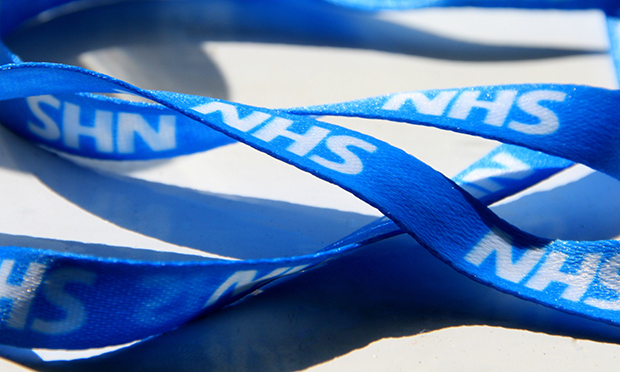Eighty-five new FGM cases in Hackney and City last year, NHS figures show

The government introduced mandatory FGM reporting in 2015. Photograph: Flickr
The NHS handled 85 new cases of female genital mutilation (FGM) in Hackney and the City of London last year, according to figures released this week.
NHS Digital’s annual FGM report, which groups the two boroughs together, also shows the total number of FGM-related attendances across the UK dropped to 9,179 last year – just 0.5 per cent less than the 9,223 in 2015.
Ninety-five per cent of the women who were asked said they underwent FGM before the age of 18.
Commenting on the figures, a spokesperson for children’s charity NSPCC said: “Once more, these figures highlight that FGM continues to affect hundreds of girls and women living in communities across England.
“FGM is child abuse. Despite being illegal for over 30 years, too many people are still being subjected to it and it is right that health services have started to properly record evidence of this horrendous practice.”
The government introduced mandatory reporting of FGM cases in October 2015.
The charity’s spokesperson continued: “The NSPCC Helpline is contacted more than once a day by people worried about girls who may have suffered, or are at risk of, FGM.
“It takes courage to report concerns as many feel ashamed or worry they will betray friends and family. But we need to end the silence that surrounds FGM to better protect children.”
Children’s minister Robert Goodwill announced yesterday that the National FGM Centre (NFC), run by Barnardo’s and the Local Government Association (LGA), will receive a share of £30 million in funding to help it expand its reach.
NFC director Michelle Lee-Izu said: “Barnardo’s and the LGA are delighted the government has given the National FGM Centre further funding to help wipe out this hidden form of child abuse by 2030.
“It will enable us to extend the reach and remit of the Centre’s vital work and support more girls and families in areas of both high and low prevalence of female genital mutilation.”
Anyone who is concerned that a child is at risk of or has experienced FGM can call the NSPCC on 0800 028 3550 or email fgmhelp@nspcc.org.uk

There were 5391 cases reported nationally.
Commenting on the data, Lynne Featherstone, Liberal Democrat member of the House of Lords and prominent campaigner on the issue of FGM and former minister said:
“FGM is an abhorrent, nasty, evil crime and we have to redouble our efforts to end it. Hearing that we are seeing over 5,000 cases makes me incredibly angry, we must do more, working with communities to get the message over that this is wrong.
“It is important to say that these are not new cases of FGM, rather newly recorded cases picked up by medical professionals.
“The Liberal Democrats led the way in fighting FGM when we were at the heart of the Home Office but these figures are deeply concerning.
“At this point we don’t know if the increase we are seeing is down to greater knowledge of FGM or a rise in cases, but for me, one case of FGM is one too many.”
Can you also give us the data on the number of prosecutions? The practice is, after all, illegal.